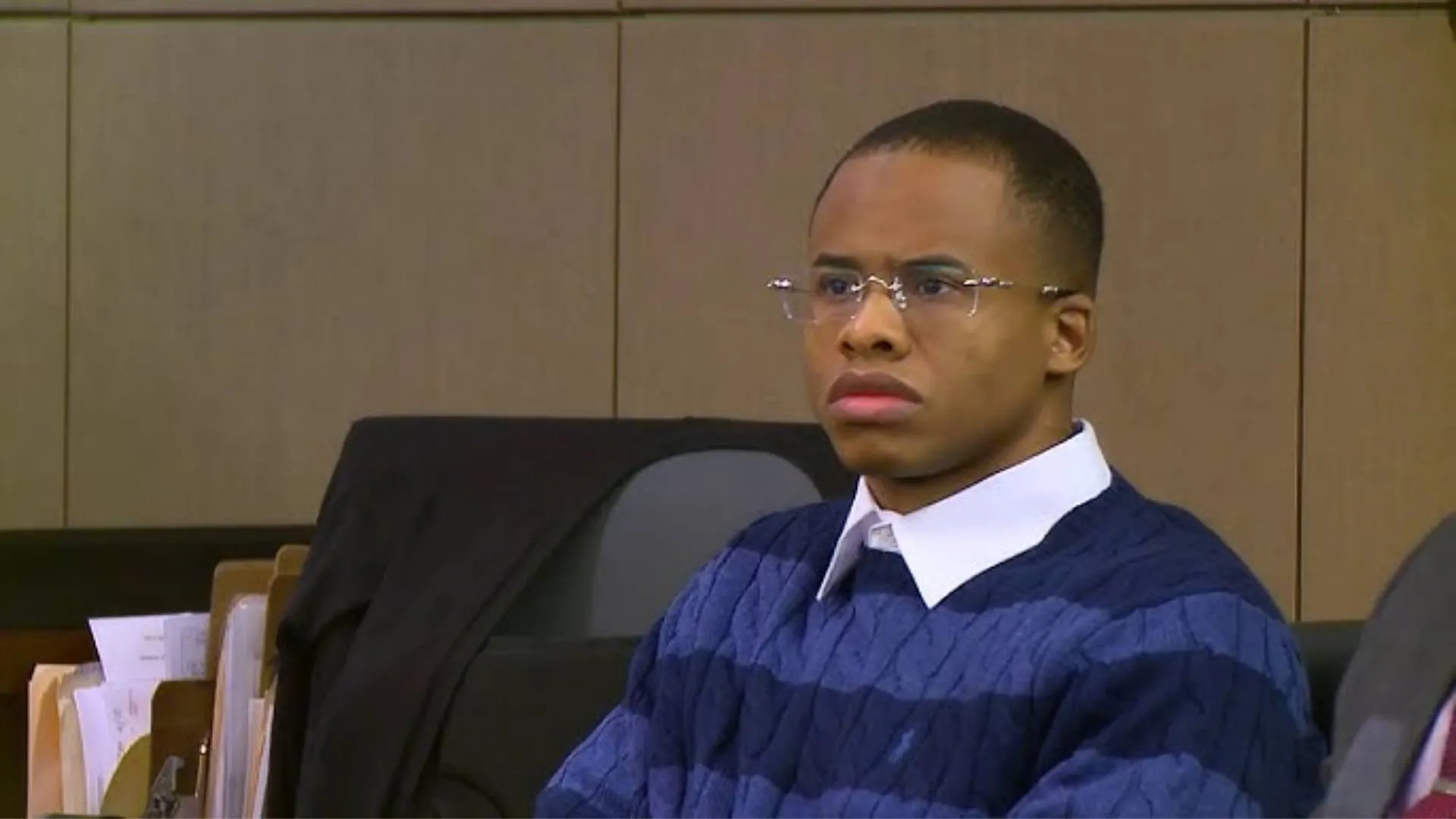Britain, France, and Germany have accused Iran of amassing high-enriched uranium at “unprecedented levels” without any “credible civilian justification,” urging Tehran to reverse its nuclear escalation. The joint statement was released on Tuesday ahead of a UN Security Council meeting focused on Iran’s nuclear program.
Iran’s Enrichment at Dangerous Levels
The International Atomic Energy Agency (IAEA) has reported that Iran is now the only non-nuclear weapons state with uranium enriched to 60%, a level dangerously close to the 90% enrichment required for an atomic bomb.
“Iran’s stockpile of high-enriched uranium has reached unprecedented levels, again without any credible civilian justification. It gives Iran the capability to rapidly produce sufficient fissile material for multiple nuclear weapons,” Britain, France, and Germany warned in their statement.
They further accused Iran of installing advanced centrifuges, calling it another “damaging step” that undermines the 2015 nuclear deal – an agreement Tehran claims to support.
2015 Iran Nuclear Deal and Its Collapse
The 2015 nuclear deal, formally known as the Joint Comprehensive Plan of Action (JCPOA), was an agreement between Iran and six major powers – Britain, France, Germany, China, Russia, and the United States. Under the deal, sanctions on Iran were eased in exchange for limits on its nuclear program.
However, in 2018, then-US President Donald Trump withdrew the United States from the agreement, reinstating sanctions on Iran. In response, Iran escalated its uranium enrichment activities, reaching the current 60% threshold.
Growing Western Concerns Over Iran
The growing uranium stockpile has sparked renewed fears among Western nations and prompted discussions about reimposing sanctions under the JCPOA’s dispute resolution mechanism. Last week, Britain, France, and Germany signaled their willingness to trigger this mechanism if Iran continues its current trajectory.
Reports suggest that Donald Trump, then US president-elect, is considering measures to address Iran’s nuclear advancements. According to The Wall Street Journal, anonymous sources indicated that one option under discussion includes launching strikes on Iran’s nuclear sites. However, the report also noted Trump’s reluctance to involve the US military in a new conflict.
Iran’s Position
Israeli Prime Minister Benjamin Netanyahu has repeatedly stated that Israel will not allow Iran to develop nuclear weapons. He has issued several warnings over the years, emphasizing that military action remains on the table if Iran nears nuclear breakout capacity.
During a recent conversation, Trump reportedly expressed concerns to Netanyahu about Iran’s potential nuclear progress during his tenure, according to sources familiar with their discussion.
Tehran, meanwhile, has consistently denied pursuing nuclear weapons and maintains that its nuclear activities are for peaceful purposes, such as energy production. Tehran insists that it has the right to develop nuclear technology within the framework of international agreements.























